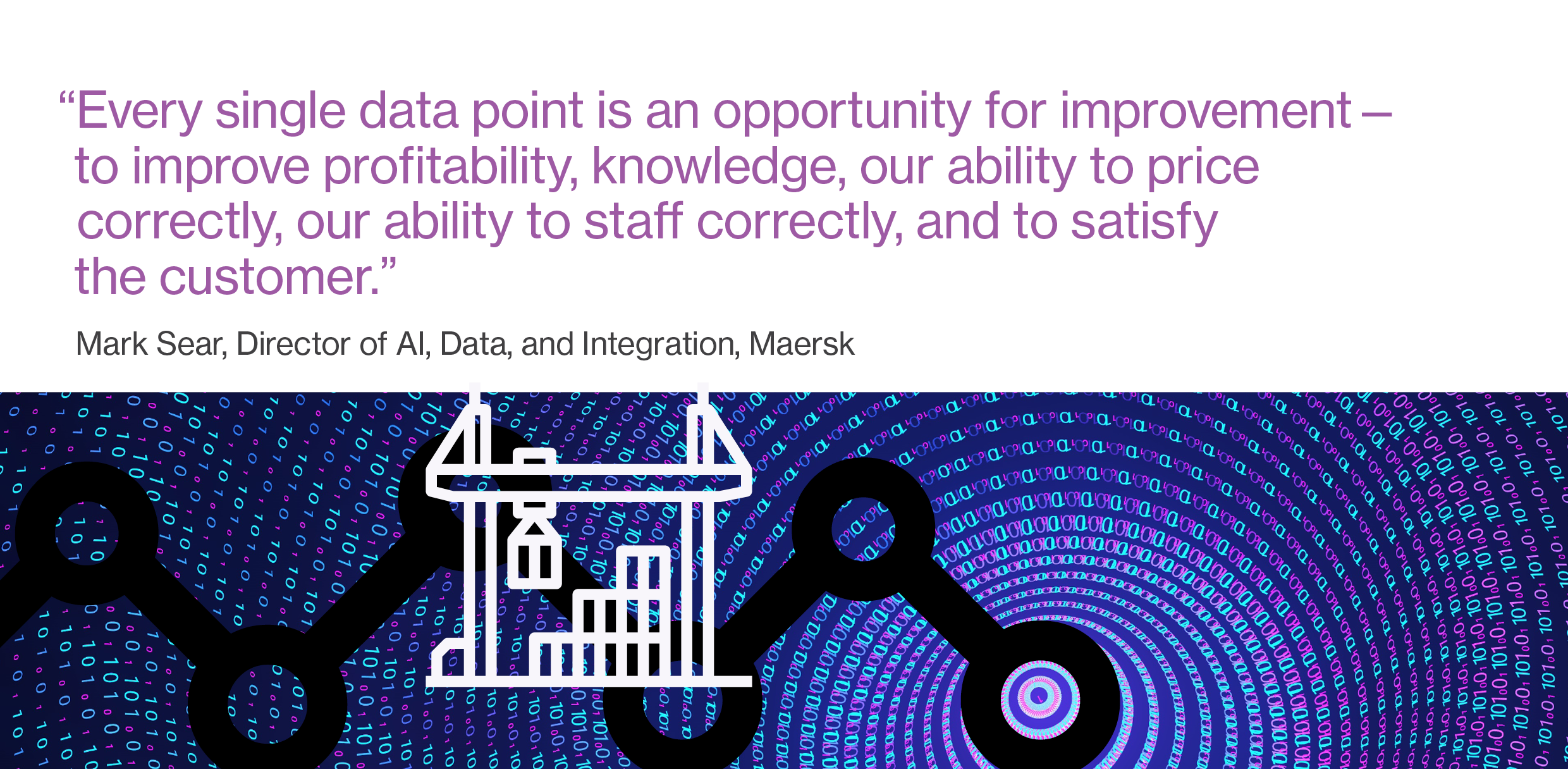Till lately, entry to the majority of an organizations’ provide chain knowledge has been restricted to specialists, distributed throughout myriad knowledge techniques. Constrained by conventional knowledge warehouse limitations, sustaining the information requires appreciable engineering effort; heavy oversight, and substantial monetary dedication. Right now, an enormous quantity of information—generated by an more and more digital provide chain—languishes in knowledge lakes with out ever being made out there to the enterprise.

A 2023 Boston Consulting Group survey notes that 56% of managers say though funding in modernizing knowledge architectures continues, managing knowledge working prices stays a significant ache level. The consultancy additionally expects knowledge deluge points are more likely to worsen as the quantity of information generated grows at a fee of 21% from 2021 to 2024, to 149 zettabytes globally.
“Information is in all places,” says Mark Sear, director of AI, knowledge, and integration at Maersk. “Simply take into account the lifetime of a product and what goes into transporting a pc mouse from China to the UK. You need to work out the way you get it from the manufacturing facility to the port, the port to the subsequent port, the port to the warehouse, and the warehouse to the patron. There are huge quantities of information factors all through that journey.”
Sear says organizations that handle to combine these wealthy units of information are poised to reap beneficial enterprise advantages. “Each single knowledge level is a chance for enchancment—to enhance profitability, data, our skill to cost appropriately, our skill to workers appropriately, and to fulfill the shopper,” he says.
Organizations like Maersk are more and more turning to a knowledge lakehouse structure. By combining the cost-effective scale of a knowledge lake with the aptitude and efficiency of a knowledge warehouse, a knowledge lakehouse guarantees to assist corporations unify disparate provide chain knowledge and supply a bigger group of customers with entry to knowledge, together with structured, semi-structured, and unstructured knowledge. Constructing analytics on prime of the lakehouse not solely permits this new architectural strategy to advance provide chain effectivity with higher efficiency and governance, however it could additionally assist straightforward and fast knowledge evaluation and assist cut back operational prices.
This content material was produced by Insights, the customized content material arm of MIT Know-how Evaluation. It was not written by MIT Know-how Evaluation’s editorial workers.

